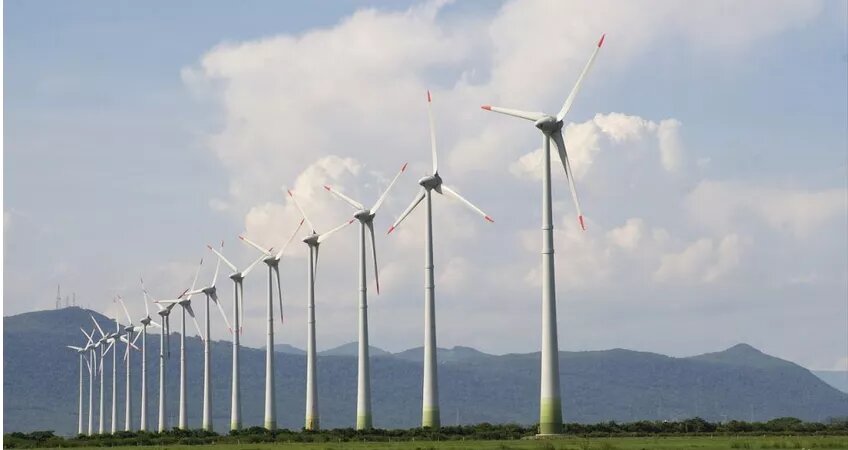Policy Brief on Green Topics, prepared by the Heinrich Böll Foundation, together with leading civil society organizations from the region, aims to draw attention to the problems of energy transition and environmental protection in the Western Balkans and to ensure the civil society's impact on the Berlin Process. The document highlights some of the key problems facing the countries in the region in these areas and makes recommendations for overcoming the current situation.

The Berlin Summit Declaration of 2014 put forward the goal to increase the prosperity of Western Balkan (WB) countries via sustainable economic growth. Moreover, the countries signed the Podgorica Initiative Declaration to implement the EU 2050 Road Map, as well as the Western Balkan Sustainability Charter with the main aims of prosperity, better health, job creation, contributing to cleaner environment, and transition toward low-carbon and climate-resilient development. In Trieste, in 2017, over 50 representatives of civil society reemphasized the urgent need for energy poverty eradication in the region, tackling air pollution, as well as the diffusion and adoption of renewable energy technologies and circular economy. Nevertheless, since its first summit in Berlin in 2014, this regional cooperation initiative has not achieved much-needed progress with regard to energy transition and environmental protection in the WB countries, even though civil society organizations have tried hard to pursue these topics and advocate for them.
The environment has never been placed on the agenda of party elites and political authorities in the region. A conscious political decision was made that the environment does not matter politically, and all environmental problems derive therefrom.
Due to the structure of the London Summit, the environment will not be on the agenda. Moreover, the political marginalization of environmental issues is also reflected in the latest EU strategy for the Western Balkans. The strategy fails to address the environment, even though it is considered one of the core areas for the EU. This will considerably undermine any future efforts to make environmental concerns political priorities in our countries, given the role of the EU and relevance of the requirements of the accession process for national agenda-setting.
In order to ensure the impact of the Western Balkans’ civil society on decisions brought within the Berlin Process and to place energy transition and environmental protection in focus among the most relevant issues, the Heinrich Böll Foundation, together with leading civil society organizations, has prepared the CSF Policy Brief on Green Topics in the Western Balkans. The document stresses some of the key problems which the WB countries are facing with regard to the energy transition and environmental protection, and provides recommendations for improvement to decision makers. Poor implementation of environmental laws and lack of strategic vision in line with sustainable development are some of the most crucial issues. This in turn leads to the fact that the countries are attempting to solve problems in power generation sectors through increased coal production. At least nine new lignite power plants are being planned in WB countries (except in Albania) further increasing already extensive use of fossil fuels, especially coal, which has been the root of most of our environmental problems. There is an urgent need to lower emissions of air pollutants from industrial, traffic, and residential sources. Unemployment, a huge problem in the whole region, can be resolved by strategic approach to the sectors of renewable energy production and energy efficacy — by recognizing these sectors as very much economy-driven. This is just one of the many recommendations for immediate actions contained in the CSF Policy Brief on Green Topics, providing clear guidelines to governments in the Western Balkans to develop in a sustainable way, green the WB countries’ economy, protect nature, and safeguard the health and quality of life of people living in the region.